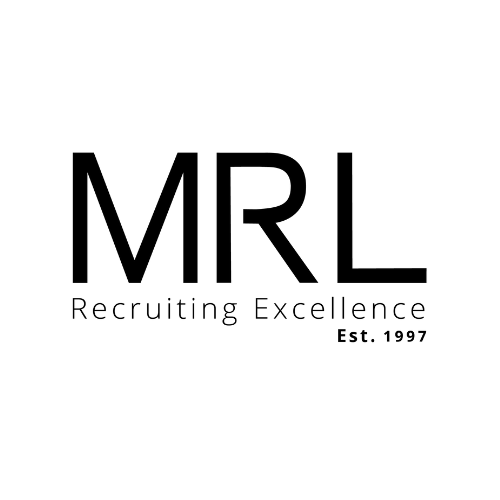Seven ways to sell your company in an interview
03 Feb, 20215 minutesYou can take some simple preparatory steps ahead of the interview to showcase yourself (as a...

You can take some simple preparatory steps ahead of the interview to showcase yourself (as a future employer) and your company in the best light.
How do I sell my company to a potential employee?
This article will discuss how you can sell your company to an interviewing candidate by carrying out the following prep:
- Think of where the company is hoping to be in five years
- Describe your target customer succinctly
- It never hurts to do some competitor research
- Understand your company mission
- Summarise your USPs
- Don’t be afraid to talk about your weaknesses
Where will the company be in five years?
This is a common question that candidates are asked and is a great question to ask yourself ahead of the interview. Every company will have a plan, whether it's dominating a particular area, expanding internationally or increasing a product or service offering. A candidate who plans to stay with you for the long-haul will understandably want to know what the company hopes to look like years down the line.
It's also an excellent opportunity to get the candidate excited about their future with you. So the more depth you can go, the more likely this will be the case.
Describe your target customer succinctly
And the word 'everybody' is not allowed. If you don't already have a buyer persona, now is the time to do it. You may feel as though your audience is 'everybody', but that's an impossibility and will send the message that you don't truly understand your target audience to a potential candidate.
It never hurts to do some competitor research
It is incredibly frustrating when you find a candidate who fits the bill, only for them to accept a job offer from a rival company. A way to anticipate this is to ascertain what other businesses are offering. Take a look at similar job adverts. How much do the salaries differ? What benefits are available? How are they selling themselves?
Once you have done this, review your job description to see if you are falling short in any aspects. It may be that you need to increase your starting salary or, if that is not possible, consider providing additional benefits to help you compete with other businesses who could also be interested in your candidate.
This is one way that working with a recruitment agency can help, particularly if they have experience operating within your sector. They will have had a hand in creating hundreds if not thousands of job adverts, working with various companies, and interacting with numerous candidates. While they may not give exact figures (depending on confidentiality), they will have great insight into what candidates may be looking for and whether you have a strong enough offering to attract the top talent.
Understand your company mission
You probably want to employ someone with the same values as your business. You should be able to discuss the company mission in more depth than merely stating what it is. What will the impact of the mission be? Who will it affect? Why was this mission chosen?
Summarise your USPs
If you want the best to work with you, then you also have to be the best. When you sell to a customer, you think of unique selling points that will hit home with them and convince them to invest in your business. The same approach should be taken regarding the interview process.
Just as you may have multiple buyer personas that you target, every candidate will have their list of wants and needs. It may be worth taking a few extra minutes when perusing their CV's to try and anticipate what these may be.
For example, if a candidate is applying for a role and lives close enough not to warrant a move but far away enough that the commute would be tedious, your USP for them may be that you offer flexible hours or even remote working.
Or if the CV you are looking at suggests that a candidate moves from job to job to climb the ladder, your USP may be that your company has a history of promoting internally.
Finding ways to speak to your candidates on an individual level will be much more advantageous than rolling out the same USP’s for every single person.
Don’t be afraid to talk about your weaknesses
With company review sites targeting ex-employees, it’s easier than ever for a candidate to get an idea of what it will be like working for you from people who have nothing to gain from their honest opinions.
Not to mention the many customer reviews sites that are available. If your company has a Google my Business page, customer reviews will show up with a simple Google search for your brand without a need to click. Some brand searches also provide customer scoring on other review sites that are a simple click away.
Don't forget that people who have had a negative experience are more driven to leave a review. While it is never fun to read about how people feel failed by your company, use it to learn how to improve your offering and service.
Another way of accessing similar information is to survey your current employees anonymously. You can ask some standard questions and allow your employees to speak freely about what they believe to be the company's weak points or aspects of their job that frustrate them.
Showcasing that you have a plan in place will alleviate any worries or concerns a candidate may have and showcase your willingness to take a problem head-on.
Set out next steps clearly
As the interview is drawing to a close, outline the next steps in as much detail as possible, including time-lines. The last thing you want after you have done so much preparation and found the perfect candidate is for them to assume they have been unsuccessful and accept another job.
These simple steps can make all the difference in securing a new employee or losing them to the competition. If you would like additional advice or to discuss how we can help you find a shortlist of talented candidates, please get in touch.





